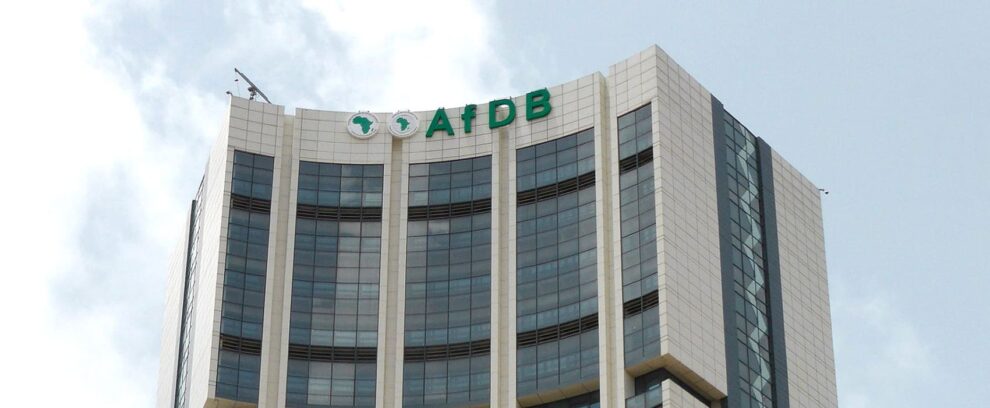Morocco’s growth rate is projected to more than double to 3.5% in 2024 from 1.1% in 2022, reflecting the waning effects of the earlier supply-side shock on the economy, the African Development Bank reported in its latest African Economic Outlook 2023.
The report highlights the resilience of Africa’s economies despite facing multiple challenges, including the COVID-19 pandemic, disruptions in global supply chains due to Russia’s prolonged invasion of Ukraine, and tightening global financing conditions.
These shocks have led to a decline in Africa’s real GDP growth from 4.8% in 2021 to 3.8% in 2022. However, the report suggests that African economies will stabilize, with an average growth rate of 4.1% projected for 2023-24.
In North Africa, the report forecasts an increase in growth from an estimated 4.1% in 2022 to 4.6% in 2023 and 4.4% in 2024. This growth is attributed to strong recoveries in Morocco and Libya.
The report attributed the increase in 2023 to the strong recoveries in Morocco and Libya, the former from a “devastating drought”, and the latter from “fluctuating oil production.”
According to the AfDB, Libya’s growth is projected to increase to 8.0% in 2024, from a contraction of 12.1% in 2022, boosted by better oil production.
However, the report also acknowledges that the region faces significant challenges, including climate shocks and political instability in Libya. These factors, along with persistent social issues, could pose risks to the region’s economic outlook.
Nevertheless, the report highlights that the region possesses immense potential, especially in meeting its own energy needs and serving as an alternative source for the European Union’s oil and gas requirements.
This is due to Africa’s proximity to Europe and the EU’s shifting focus away from Russian oil and gas.
Africa’s Growth Outlook
The report cautions that Africa’s growth outlook is subject to downside risks, including subdued global growth weighing on the continent’s exports, tight global financial conditions increasing debt servicing costs, and significant losses caused by frequent extreme weather events, which add further fiscal pressures.
Moreover, the prolonged invasion of Ukraine by Russia, increasing global uncertainty, and elevated geopolitical risks due to upcoming elections in some countries add to the challenges.
Despite these challenges, the report argues that Africa will continue to consolidate its economic recovery.
It predicts that Africa’s projected growth for 2023-24 will surpass Europe’s and the global average but will lag behind Asia’s growth rate of 4.3%, which is expected to benefit from China’s rebounding economy.
Remittances Are A Financial Lifeline
The private banking firm highlighted that remittances have become an important source of foreign financing for many African countries, describing them as a “private coping mechanism against shocks” which reduces people’s vulnerability to severe shocks.
According to the data presented in the report, remittances experienced a rebound of 13.5% in 2021, reaching a substantial sum of $95.5 billion. This recovery follows a decline of less than 1% to $84.2 billion in 2020.
The report attributes the relative resilience of remittances in 2020 to increased personal transfers to countries like Angola, Egypt, Kenya, Morocco, Zambia, and Zimbabwe. These inflows helped offset the sharp decline witnessed in other nations, notably Nigeria.
The increase in remittances in 2021 was driven by Egypt (33% increase to $31.5 billion), Nigeria (20% to $19.5 billion), and Morocco (11% to $10.7 billion).
This report aligns with findings from other international financial institutions, including the World Bank and the European Bank for Reconstruction and Development (EBRD), which have also issued reports on Morocco’s economic growth.
According to the EBRD’s latest Regional Economic Prospects forecast, Morocco’s economy is set to experience a rebound, with its Gross Domestic Product (GDP) projected to grow by 3.1% in 2023.
Meanwhile, the World Bank forecasts that Morocco’s economy will grow by 3.5% in 2023 and 3.7% in 2024.
Source: Morocco World News

















Add Comment